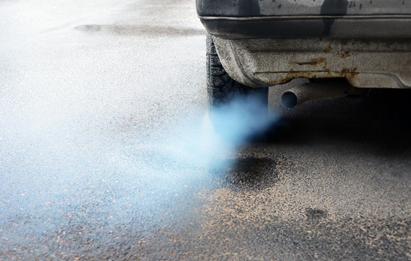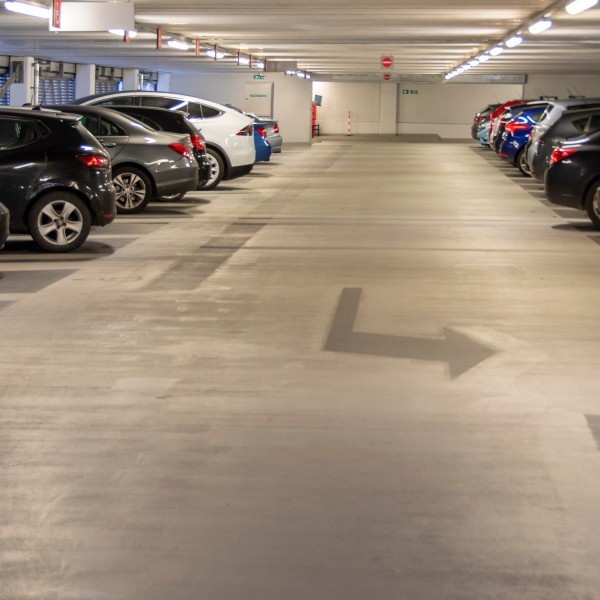Benzene
Benzene is the largest source of particulate matter in parking garages. Although these particles are generally larger than fine particles, they can still be harmful to your health when inhaled in large quantities. Benzene is a substance used to make fuel more combustible. During the combustion of benzene, exhaust gases and (ultra)fine particles are released. The WHO advises to minimize the gases and fine particles from benzene as much as possible, as the substance is highly carcinogenic. Prolonged exposure to high levels of benzene through inhalation, ingestion, or skin contact can significantly increase the risk of developing leukaemia and other blood disorders.
Car tires and brake discs
The amount of particulate matter produced by car tires and brake discs is often larger than one might think. Together, these two are responsible for nearly half of all fine particle emissions in Europe. This fine particle pollution mainly consists of small particles of heavy metals, carbon, water, and various organic substances. Recent research from Emission Analytics (https://www.emissionsanalytics.com/news/pollution-tyre-wear-worse-exhaust-emissions ) even shows that tire wear can produce up to 1000 times more fine particles than modern combustion engines. Hence it is of utmost importance to factor in that with the rise of electric vehicles will not prevent parking garages from being hot spots.
Effects of fine particles
Inhaling these fine particles can lead to health problems such as respiratory issues, worsening of asthma and allergies, cardiovascular diseases, and even cancer. That is why it is important to reduce exposure to fine particles, especially in areas where the concentration of fine particles is high, such as in parking garages. Read more here about the health risks of particulate matter. 
Solutions
There are various ways to reduce the concentration of particulate matter in parking garages. One solution is to improve ventilation, so that the air is refreshed and the concentration of particulate matter decreases. However, the drawback of this approach is that it can result in outdoor air becoming heavily polluted. It is important to also consider the health risks for nearby residents, as they are constantly exposed to the polluted air. Another option is to use air purification systems to filter out fine particles from the air. If you want to learn more about our air purification system, click here.
Summary
In summary, parking garages are hotspots for fine particles, which can cause serious health problems with prolonged exposure. Car tires and brake discs also contribute to the concentration of fine particles in parking garages. There are several solutions to reduce the concentration of fine particles, including improved ventilation and air purification systems. It is important to consider the health risks for nearby residents and the environment when choosing a solution.



